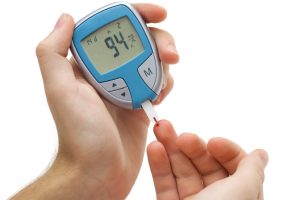Today winning meant being slow AF
There as been a lot going on in my life lately that while I have been managing fairly well, it still takes a toll. You’ve got your parenting responsibilities. For those of you who are parents, you know that sometimes raises little people can be down right taxing. This weekend and the last couple of months with my teenagers have been a challenge. And you parents know that when you have created, carried, sweated, bled, kissed and cried over those little people, this stress is a big one. Momma bear stuff.
Then you’ve got your “put food on the table” stressors. Running your own business and figuring out how to do that well, with more ease and what not isn’t any small feat. Being your own boss is awesome and not awesome at the same time. It’s real life stuff. Responsibility. Adulting. And the coaching world isn’t an easy one. Especially if you try to do your best all the time and try to figure out how to lead your people to doing their best as well. It’s real, raw and honest (and tough) at times. Especially considering that we attract people like ourselves. Hahahaha. OMG! 😉 just joking. Not joking. Haha. I’m one of my biggest fans yet some days I’m like … “BK seriously, get your ducks in a row, or at least in the same room.”
Then spice all that up with some other personal stuff of my own choosing that I’ve decided to work on and you’ve got a big tall order. I’ve had my share of tough times in life and some things to work on to get to the next best version of myself. We all do. When we start looking at those things straight on, life gets sweeter but sometimes the cleaning up and healing of things is a little challenging at times.
I was listening to podcast today about the 10 pillars of health. This smartie doctor guy was talking about his system that works to address all the “pillars” of health. Very interesting stuff and you know, not really a new idea. The yogi’s and eastern medicine have been working on this stuff for a long time. Here in the western world were we have our boot straps and type a/work harder mentality … the idea that in order to optimize health by working on all aspects of life, well thats not common sense to us.
I learned this lesson pretty well last year training for IMTX after three failed heart surgeries and deciding to have a different go of it. Not using western meds to control A-fib and working on these “pillars”. It worked really well and I was super pumped. Then came some personal stuff, again, of my own choosing … and I got in over my head for a bit. Or maybe not, but more of my energy went into the personal growth pillar for a sec while I tried to really work on some things and heal up some old wounds.
BOOM! And so in the sunshine I’m working with a newer version of myself and have to acknowledge that in my balancing of my life, one of my “pillars” is a little lacking. And that would be the physical one. Where I’m not as fast on the bike or run as what I use to be or what I want.
I mean seriously. Three time ironman finisher. Countless HIMs under my belt and here I am. Fluffy, slow, strong and still very awesome. I would love love love to be 15 pounds lighter. Be stronger. Look outwardly how I feel. But right now, with all that has been going on, I am in a state of physique that, while not optimal, is doing ok.
I had set out to do a 3 hour bike ride. Followed by a bit of running. A little bit of that motivation to do all that volume so far out from my next HIM was driven by weight lose. Maybe to beat the fat down and force it to go away. How many of us think like that? More is better right?
GRACE AND GRIT
Well, I got to thinking. What would be the most lovely thing that you could do for yourself right now. After all, the training plan says an hour bike. So two is more than enough. How about BK … you slow down and just enjoy the sun and acknowledge that fact that you can be out here. That you GET to do this. That you are healthy enough to even do an hour. Seriously. Love all the fat cells for a second and just LOVE every thing part of you.
GRACE: So I slowed down. Talked to all the cows. Really enjoyed the sunshine and the awesome cross wind that was blowing at a nice 20 mph. I focused on my daily reading of HOPE. And positive action, in the face of everything going on. Yep, I was a full mph slower than last weekends two hour ride which i was crazy happy with. This ride felt equally as good tho.
GRIT: I was kind to myself. I was strong enough today to give myself grace and the grit to KNOW that today the mph pace didn’t dictate if the workout was a success. Grit to give other areas equal merit. After all, I was well within the plan. So the box is a definite green. And thats good enough. More than good enough.
It is a win.

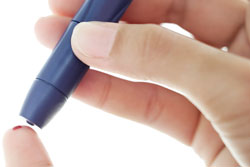
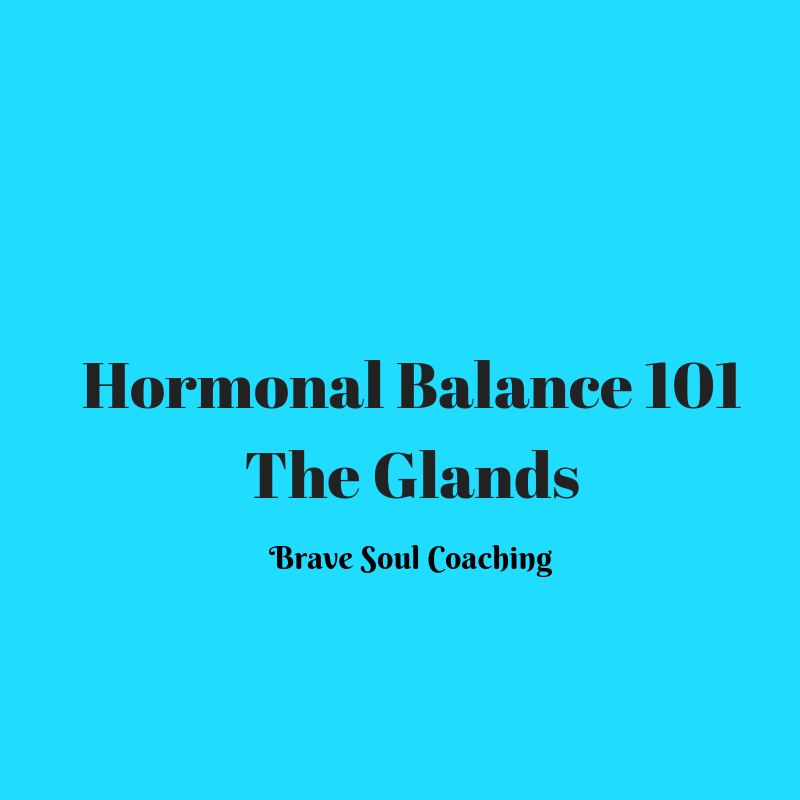
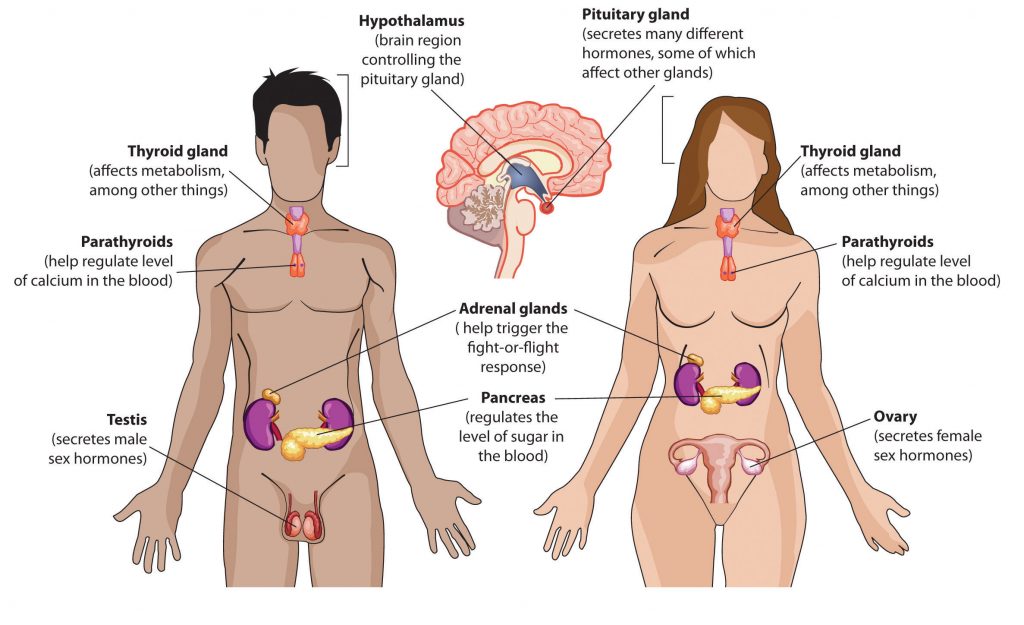

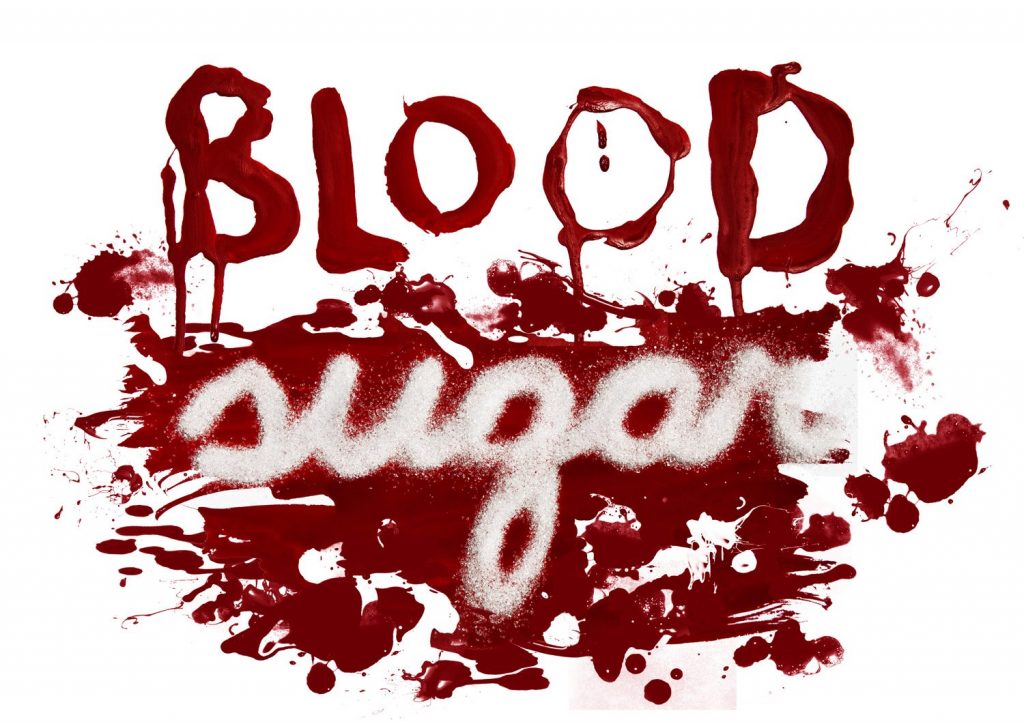
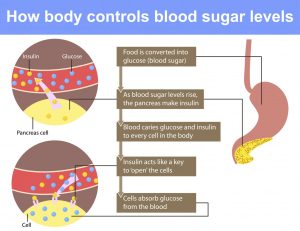 TOPIC: Blood sugar management to positively impact hormonal health
TOPIC: Blood sugar management to positively impact hormonal health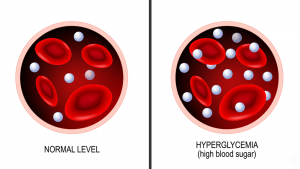 This is an awesome list of supplements as everyone can benefit from taking these supplements. The work in a foundation kind of way and the causes of negative side affects when these supplements are taken with the correct knowledge in mind are nil.
This is an awesome list of supplements as everyone can benefit from taking these supplements. The work in a foundation kind of way and the causes of negative side affects when these supplements are taken with the correct knowledge in mind are nil.